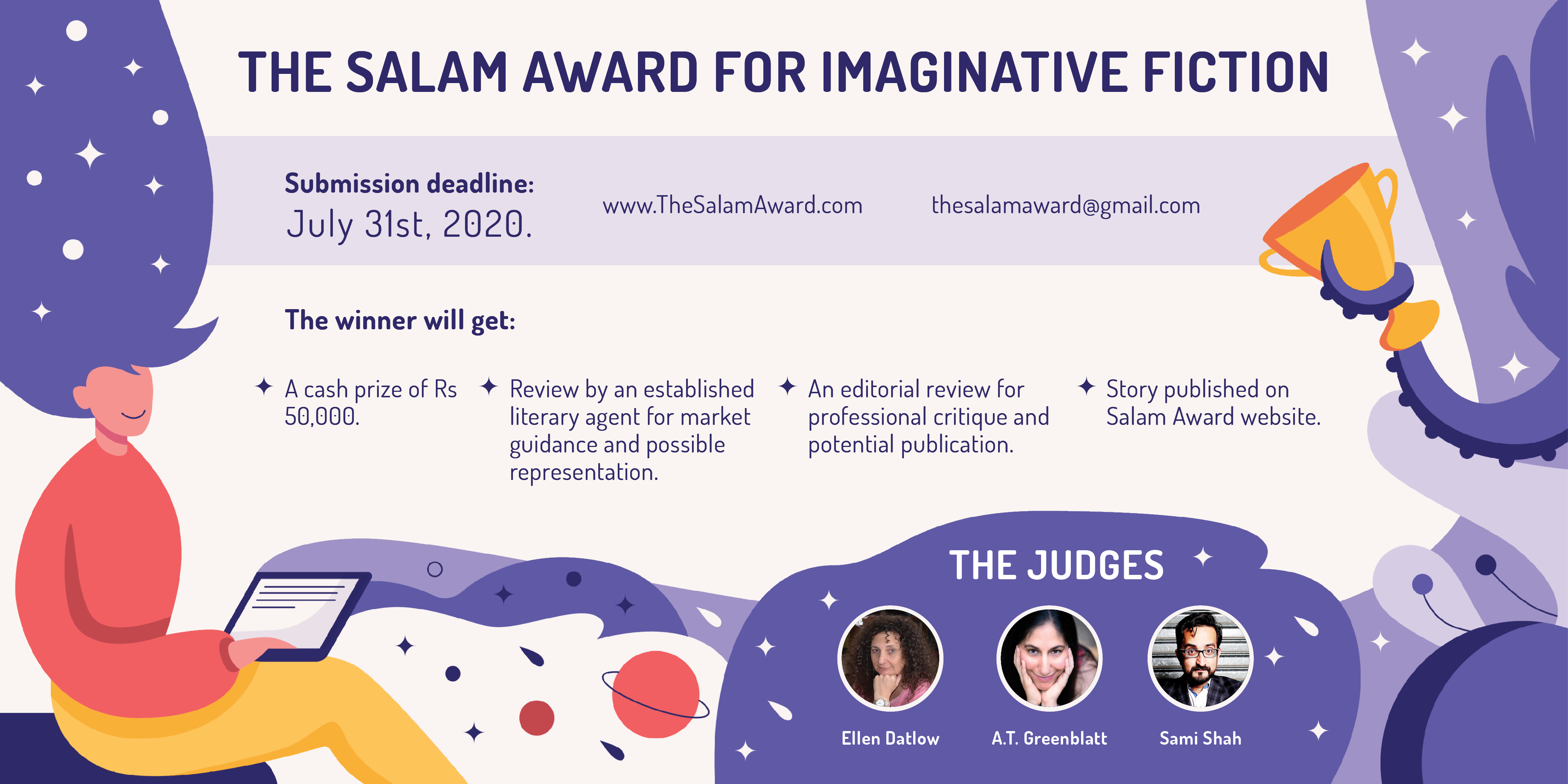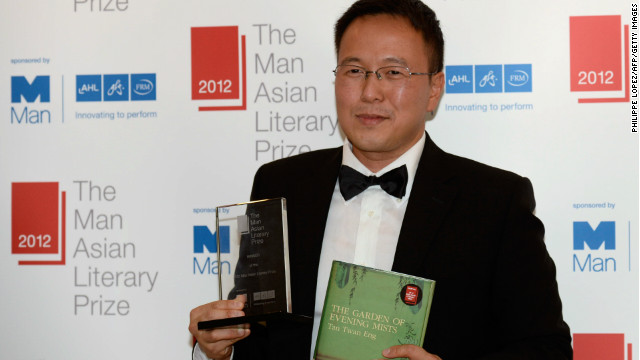by Leila Rasheed
I’m going to start with a story about stories, one of the incidents that made me realise that I had to make Megaphone a reality. I was sitting in the café in Birmingham’s new central library. At the table next to me were four children, aged perhaps eleven. Two boys and two girls, the girls wearing hijabs. They were talking about homework; from where I sat I could hear their words easily.
The conversation turned to their plans for the weekend. One boy mentioned that he was going to the mosque. The other boy vehemently disapproved. “Did you know,” he said, “that if you’re a Muslim, you stand a 60% chance of becoming a terrorist?”
(The crack as my jaw hit the floor must have been audible; luckily they didn’t notice).
“60%…. really?” one of the girls said, sounding shocked but also resigned. There was a moment’s silence as they contemplated their statistical futures. Then they went back to talking about homework.
These children did not get this idea about themselves and their heritage from nowhere. They got it from stories; stories that appear on the TV, in the news, and on their bookshelves. What struck me most was how easily they accepted it. As Chimamanda Ngozi-Adichie says in her famous talk, The Danger of a Single Story ‘how impressionable and vulnerable we are in the face of a story, particularly as children.’
Ngozi-Adichie’s talk sums up the reason why I used my experience as a children’s author and a creative writing tutor to set up Megaphone, a writer development scheme for Black, Asian and Minority Ethnic writers who want to write for children. If we want many different stories, we need many different storytellers.
Yes, we may have more Asian children’s writers now than we did when I was a child. But when I’m in a group of fifty randomly picked children’s writers I will still be the only non-white person. Many people can still name only two Black British children’s authors (go on, you try it. Don’t Google). Not to mention the fact that in 10 years working in and around children’s books, I believe I’ve never met a children’s publisher or editor from an ethnic minority.
The truth is, we have been desperately in need of something like Megaphone for a very long time – decades, I’d suggest. Megaphone supports writers through the often painful process of writing a first novel. It gives them the chance to learn from a range of brilliant children’s authors and the best editors in the country. Finally it promotes them to the publishing industry in the hope of making their novels into actual published books that can reach children and show them that they too have permission to tell their many stories. I want the next group of children I overhear to be saying, ‘Did you know, if you’re a Muslim, you stand a 60% chance of becoming a writer?’


